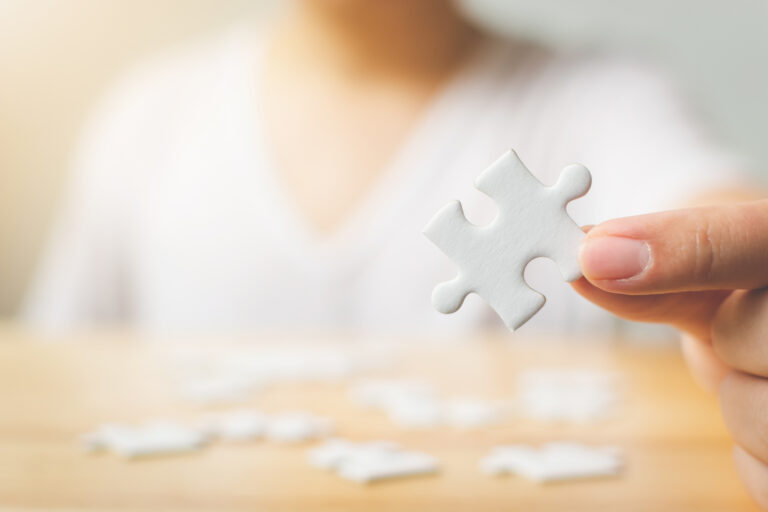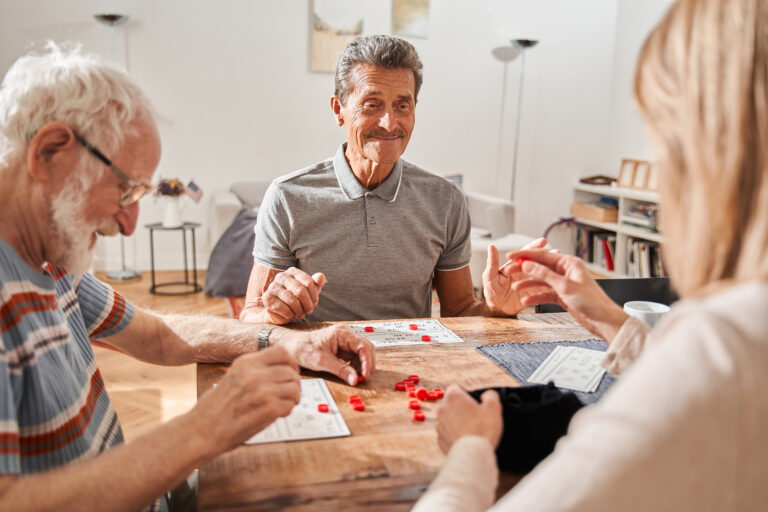Building emotional resilience means learning how to bounce back from tough times and handle stress without getting overwhelmed. It’s like having an inner strength that helps you stay steady when life throws challenges your way.
Think of emotional resilience as a flexible tree in a storm. The tree bends but doesn’t break, and it stands tall again once the storm passes. Similarly, emotionally resilient people feel strong enough to face difficult feelings like sadness, anger, or anxiety but don’t let those feelings take over their lives.
Here’s how you can build that kind of resilience:
– **Accept Your Emotions**
Instead of pushing away hard emotions or pretending they don’t exist, allow yourself to feel them fully. Recognize what you’re feeling without judgment. This helps you process emotions rather than get stuck in them.
– **Practice Self-Care Regularly**
Taking care of your body and mind is key. This includes getting enough sleep, eating well, exercising, and making time for activities that relax or bring joy to you. When your body feels good, it’s easier for your mind to cope with stress.
– **Develop Positive Thinking Habits**
Try to notice negative thoughts and gently challenge them by looking for more balanced perspectives. For example, instead of thinking “I can’t handle this,” remind yourself “This is hard right now but I have gotten through tough times before.”
– **Build Strong Relationships**
Having friends or family who support you makes a big difference when things get rough. Talking about what’s bothering you with someone who listens can lighten the emotional load.
– **Learn Problem-Solving Skills**
When faced with challenges, break problems into smaller steps and focus on what actions are possible rather than worrying about everything at once.
– **Stay Flexible With Change**
Life often changes unexpectedly; being open to adapting instead of resisting change helps reduce stress and keeps you moving forward even when plans shift.
Emotional resilience isn’t about never feeling upset—it’s about recovering from setbacks more quickly each time by using healthy coping strategies. Over time these habits become stronger parts of how you respond emotionally so difficulties don’t knock you down as easily anymore.
Everyone has some capacity for resilience; it grows through practice just like any other skill in life does. By paying attention to your emotions thoughtfully and taking care of yourself physically and mentally every day, you’ll find it easier not only to survive stressful moments but also thrive beyond them with greater confidence and calmness inside yourself.





